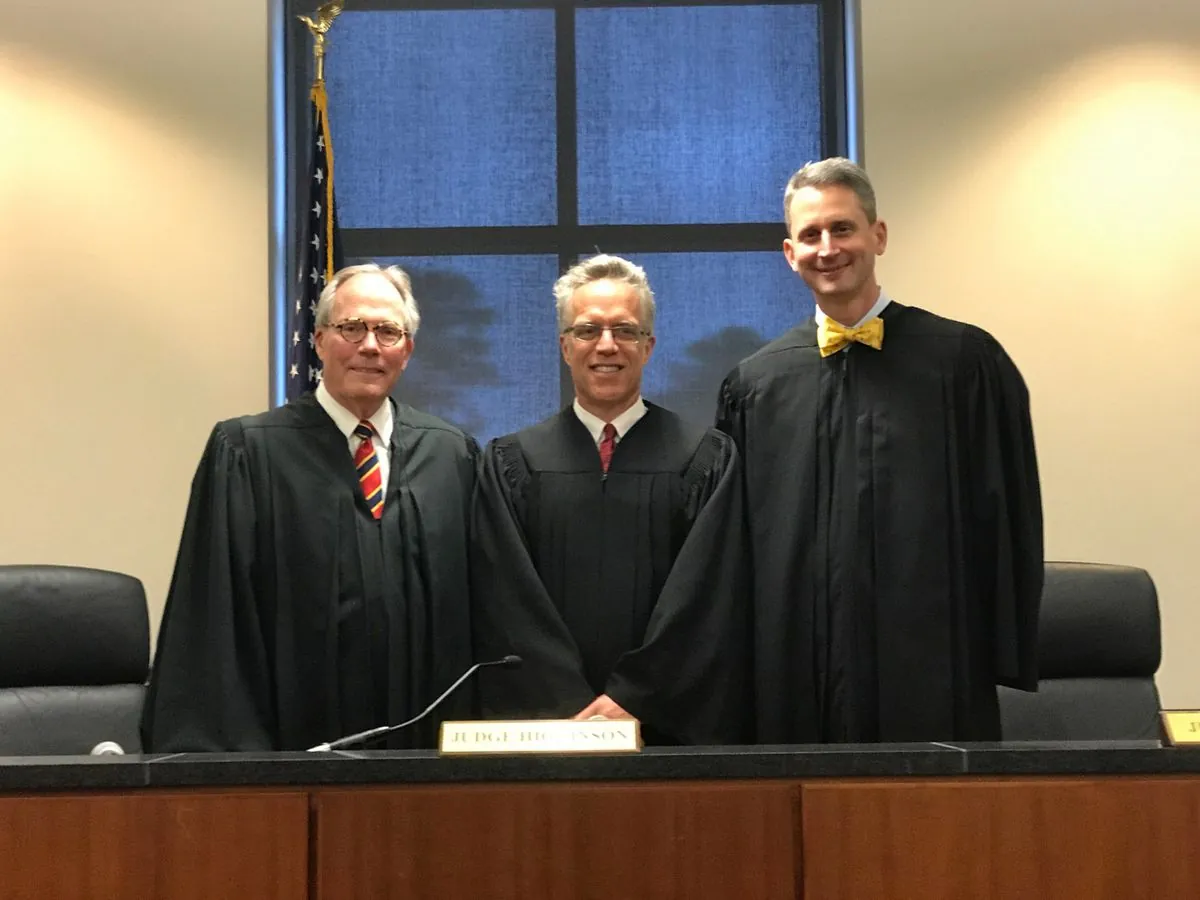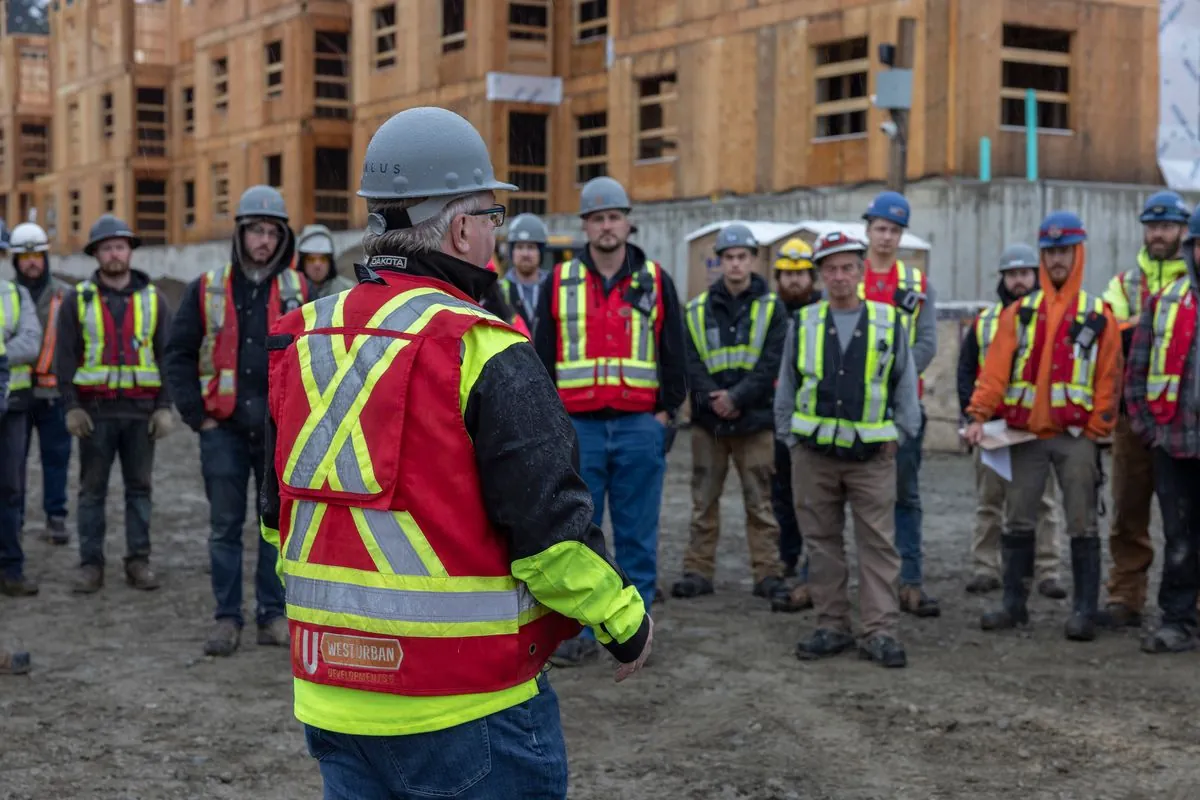U.S. Appeals Court Limits Scope of Federal Wage Law Class Actions
A divided 7th Circuit Court ruling restricts FLSA collective actions to states where plaintiffs worked, deepening a split among appellate courts. The decision cites a 2017 Supreme Court case, impacting nationwide wage lawsuits.

The 7th U.S. Circuit Court of Appeals has issued a significant ruling that could reshape the landscape of federal wage law litigation. In a 2-1 decision, the court determined that class action-style lawsuits alleging violations of the Fair Labor Standards Act (FLSA) must be limited to the states where plaintiffs worked. This ruling, delivered on August 16, 2024, deepens an existing split among appellate courts on this crucial issue.
The case in question involved construction company Signet Builders and a former employee, Jose Luna Vanegas. The court agreed with Signet Builders that the Wisconsin court where Luna Vanegas filed a lawsuit seeking overtime pay only has jurisdiction over workers based in that state.

The majority opinion, penned by U.S. Circuit Judge Amy St. Eve, cited the U.S. Supreme Court's 2017 ruling in Bristol-Myers Squibb Co v. Superior Court of California. That decision, issued over seven years ago, stated that out-of-state residents could not join a product liability case filed in California state court against the drugmaker. The 7th Circuit has now applied this principle to FLSA cases, joining three other appeals courts in doing so.
"BMS teaches that a court must establish its jurisdiction over claims one at a time. The FLSA does not mark an exception to that rule."
This ruling has significant implications for the FLSA, which was enacted in 1938 and currently covers over 143 million workers in the United States. The FLSA established minimum wage, overtime pay, recordkeeping, and youth employment standards, introducing the concept of time-and-a-half pay for hours worked beyond 40 per week.
The decision to limit the scope of FLSA collective actions could have far-reaching consequences. Nationwide and multi-state FLSA lawsuits are common and can be more expensive to litigate while exposing companies to greater liability. This ruling may deter many workers from suing altogether, as noted in the dissenting opinion by U.S. Circuit Judge Ilana Rovner.
It's worth noting that the 7th Circuit's decision contrasts with that of the Boston-based 1st U.S. Circuit Court of Appeals. In 2022, the 1st Circuit ruled that barring nationwide lawsuits would undermine the wage law's broad remedial purpose. This split among appellate courts highlights the complexity of the issue and the potential for future Supreme Court intervention.
The ruling doesn't completely bar broader lawsuits. Judge St. Eve pointed out that a nationwide case could still be filed against Signet in Texas, where the company is based. However, this may present logistical challenges for plaintiffs located in other states.
This decision reverses a previous ruling by U.S. District Judge James Peterson in Madison, Wisconsin, who had granted Luna Vanegas' bid to certify a nationwide collective. As the legal landscape continues to evolve, workers and employers alike will need to navigate these new jurisdictional boundaries in wage and hour disputes.


































